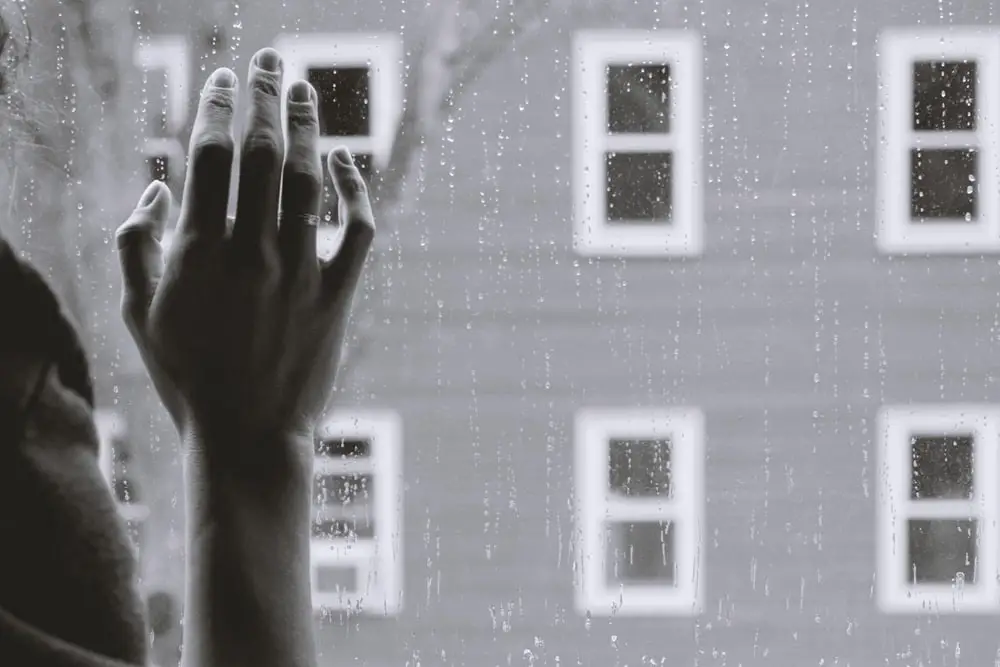Resetting everything while you’re social distancing
You might not get infected, but you are going to be affected. Social distancing for Coronavirus represents the biggest behavior change moment in our lifetimes.
So, yes, sure, keep up with the medical news — it’s important to see how widespread this pandemic is.
But also, get yourself ready to readjust everything about your mindset, goals, and habits.
Control What You Can Control
In the ancient Greek Stoic philosophy, Epictetus introduced the concept of the dichotomy of control. Some events are in our control and other events are not in our control.
“That alone is in our power, which is our own work; and in this class are our opinions, impulses, desires, and aversions. What, on the contrary, is not in our power, are our bodies, possessions, glory, and power. Any delusion on this point leads to the greatest errors, misfortunes, and troubles, and to the slavery of the soul.”
— Epictetus
Updated for current times: “If you can control it, get moving and go control it. If you can’t control it, then adopt an attitude of indifference and move on.”
At this moment, you are in control of your cleanliness habits, your social distance practices, your goals, your mood, your mindset, and your health.
Start just with this mantra, “Control what you can control.”
Yes, You Do Need New Goals
The word yes plays a key role in acceptance.
You’ve probably seen some stories about athletes having to give up their seasons. Imagine you spend months training with a singular intensity toward an athletic goal and then, suddenly, that end goal has been canceled.
These athletes are having to accept, “yes, my chance at a championship is canceled.”
Once they say that word, yes, they can move on to the question of “now what?”
It’s not just athletes. All of us are having to accept that, yes, some of our old goals are now canceled.
Imagine restaurant owners now saying, “yes, my business will fail.” Or the newly out of work, “yes, I don’t have money to pay my rent.”
Some of these acceptances are very, very painful. But the earlier you can adopt the word yes, the sooner you can move forward.
Very importantly, your disappointment doesn’t have to be as dire as losing your business or losing your house. This isn’t a competition — your disappointment is real to you, and that’s what matters.
So let me give you a trivial disappointment so that you can feel acceptable with your own disappointment, whatever its scale. I’m disappointed that my swimming pool closed. I had been training for a triathlon and a week ago was giving a celebratory “yes!” that I’d swum 1500yds without stopping. Now I’m giving the yes of acceptance, “I will lose most of my swim endurance.”
These acceptances aren’t meant to be fatalistic. Once you come to acceptance, you can come to address mitigation or replacement. Most goals can be adjusted.
But if you find yourself having to cancel a goal altogether — what new ones do you have to take their place?
Shakespeare wrote King Lear under quarantine. Isaac Newton discovered gravity under quarantine. What will you create or discover?
If you cancel a goal, find a new goal to replace it with.
Replacement Habits
Many of your goals aren’t canceled; rather, it’s only the plan you put in place to achieve those goals that need to be trashed.
Here’s where replacement habits are a big and immediate part of life for the newly isolated.
Your goal is to be healthy, and you used to do that by going to the gym — but your gym is closed. So now what at-home exercise are you going to replace it with?
You used to eat out or order in, but now your favorite restaurants are suspect or closed. What recipes will you cook at home instead?
You used to work at an office and your productivity routines were all triggered by being in that office. What are your new at-home routines?
What about social contact? Most people are already reacting by making reaching out to friends and family a regular part of their day.
The thing to realize is that these are all new habits, and they are only going to stick if you are intentional about them.
Every single successful person I know is starting their new social isolation routine with much, much more planning. They set goals and then add those goals into a schedule for their day.
If you do these things — focusing on what you can control, accepting what you cannot control, and jumping forcefully into your new habits — then you will have a faster and more successful transition into this period of social distancing.
The author is one of the editors for Better Humans and the CEO of a habit change company that we won’t name, because Medium isn’t about promotion. The point of mentioning this is to get across that like all Better Humans articles, the advice above was verified by other people before being shared with you.
